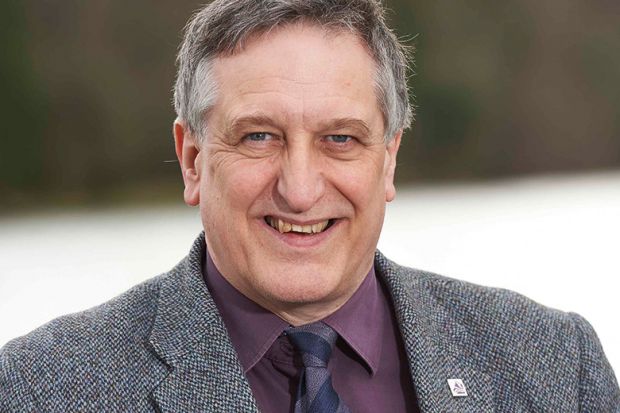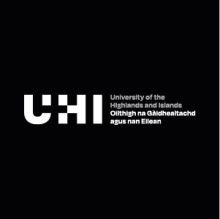Ian Bryden was born on 12 September 1958 and studied at Lockerbie Academy and then the University of Edinburgh, where he took a first degree in physics (1976-80) followed by a PhD on the dynamics of wave energy devices (1980-84).
After working as a research engineer for British Maritime Technology (1984-86), he returned to academic life and to Scotland at Heriot-Watt University, where he served as a lecturer in offshore engineering (1986-91) and then as a senior engineer at the International Centre for Island Technology on Orkney (1991-96).
From Heriot-Watt, Professor Bryden moved on to Robert Gordon University in Aberdeen, as head of the School of Mechanical and Offshore Engineering (1996-2001), associate dean of the department of design and technology (2001-02) and, finally, dean of postgraduate studies (2002-05).
He returned to Edinburgh to become professor of renewable energy (2006-13) and then head of the Institute for Energy Systems (2010-13), where he led a number of major research projects, mainly in the field of marine renewable energy, and funded by British research councils and the European Commission.
One of Professor Bryden’s particular areas of expertise was low- and zero-carbon energy capture, where he devoted his attention not only to the purely technical aspects but to examining how such energy could be incorporated into public policy and harnessed for economic development.
He also brought his 30 years’ research experience to his role as director of FloWave TT Ltd, which operates the world-leading All Waters Marine Energy Test Centre in Edinburgh (from 2011).
His final position was at yet another Scottish institution, the University of the Highlands and Islands, where in 2013 he was appointed both vice-principal (research) and associate principal (specialist colleges). This latter post gave him overall responsibility for a college of theology and another offering courses in Gaelic as well as those specialising in marine science and fishery.
Michael Rayner, dean of research at UHI, described Professor Bryden as “a world-leading engineer and scientist who had time for everyone, no matter what their role or rank. He always sought to bring out the potential in others, quite often potential that they could not see in themselves, and particularly their capacity to become involved in research.
“He was comfortable in his own skin and so was able to take great delight in seeing others succeed. To many people who knew him, he was simply Ian Bryden, a slightly quirky, very bright, warm, kind and humorous man.”
Professor Bryden died suddenly on 28 November and is survived by his partner, Hannah Rosnes, three children and three stepchildren.
Register to continue
Why register?
- Registration is free and only takes a moment
- Once registered, you can read 3 articles a month
- Sign up for our newsletter
Subscribe
Or subscribe for unlimited access to:
- Unlimited access to news, views, insights & reviews
- Digital editions
- Digital access to THE’s university and college rankings analysis
Already registered or a current subscriber? Login




